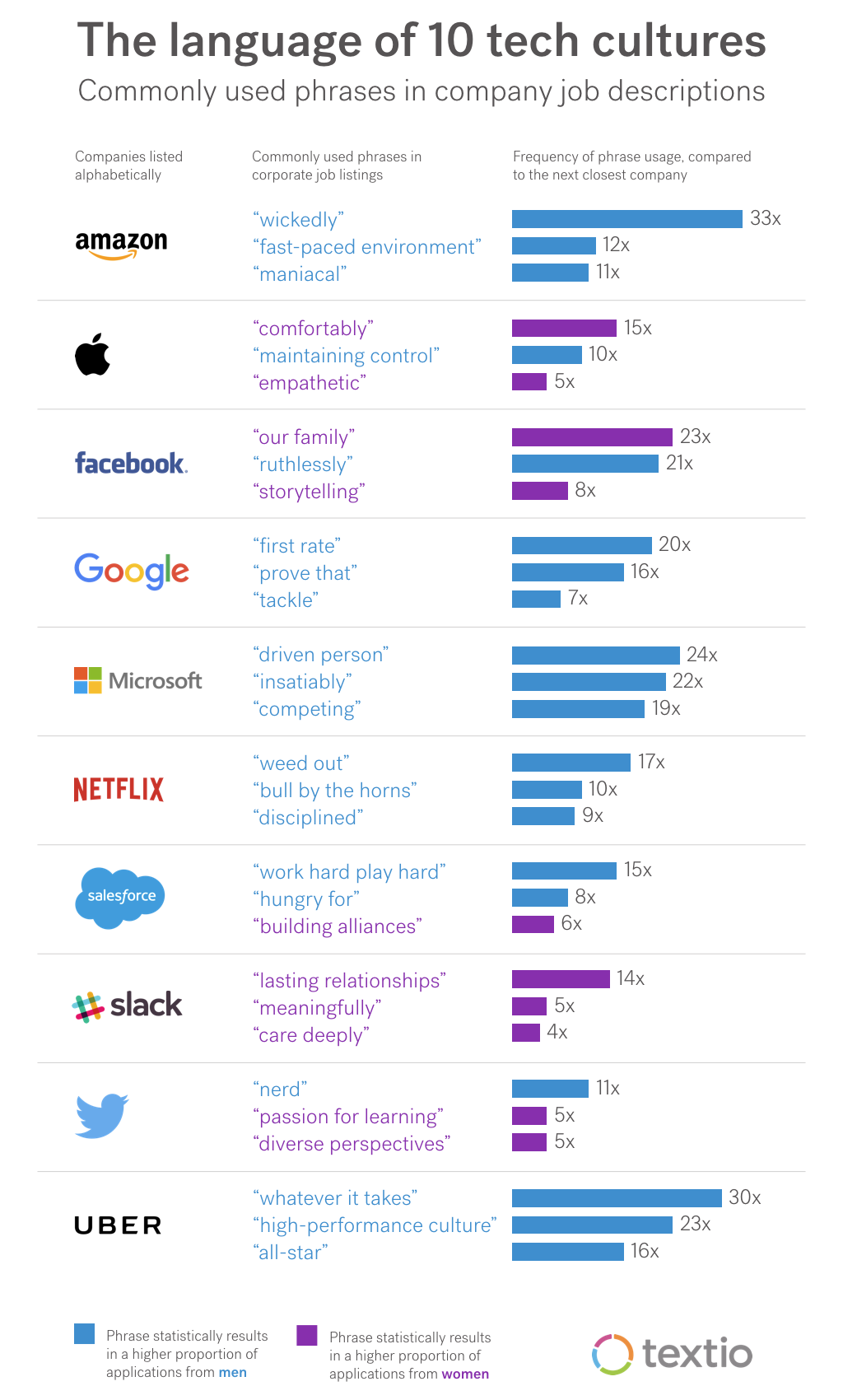SAVED FOR LATER: A word about words - the ones your use in your public job listings
Since no one asked, a quick word about the process I have used for ages to find/save ideas for blog topics.
I use Feedly, (while pouring one out for the late, great Google Reader), to subscribe to about 400 news and information sources on topics like tech, HR, news, pop culture, sports, and more for two main reasons. One, to try and keep up to date and informed about what is going on the world, country, and in the HR/workplace/HR tech space. And two, to leverage Feedly's 'Read Later' funciton to effectively bookmark or save posts and articles that might be used as sources or inspiration for future posts.
Inevitably, I save many, many more articles than become posts, (or topics on the HR Happy Hour Show). So sometimes, usually on the weekend, I page and scroll back through some 'Saved for Later' pieces that I didn't actually cover or discuss anywhere in order to make sure that there wasn't something really interesting that should have been covered but for some reason was not. And there are plenty of these kinds of pieces for sure. So in 2018 I am going to try to do a little better about surfacing these topics, even if it is a little 'late' or if it seems the news cycle has passed. So here we go...
From a few weeks ago, in something you may have caught, perhaps not, the HR Tech company Textio (who we featured at the 2017 HR Technology Conference), published a really interesting post titled '1000 different people, the same words', which shared the results from text analysis of over 25,000 public job postings from 10 well-known tech companies. The purpose of the analysis was to determine both the most common words and phrases used within a company's job postings, as well as assess how much more or less frequently these words and phrases appear compared to peer companies and a general baseline. Finally, Textio also examined the impact of these words and phrases in terms of how they drove differences in the expected number of male and female applicants. Take a look at a summary of the data below, then a couple of quick comments from me.

It is pretty amazing and instructive what this fairly simple but still pretty profound text analysis suggests, (and possibly reveals), about the cultures, norms, and expectations that these companies have for their employees based on the words they use/overuse in their job postings.
The words and phrases are also kind of reinforcing too, of the ideas we the public and job applicants likely have of these companies, based on what we know about them from the news and their reputations.
The words that appear often in Amazon and Uber job postings like 'maniacal' and 'whatever it takes' are probably not surprising given what we know and have heard about these companies approach to work, business, competition, and performance.
Likewise, Slack's use of 'lasting relationships' and Twitter's use of the phrase 'diverse perspectives' also pretty accurately reflect at least some elements of both of these company's ethos.
This is really interesting, and I think important. The language that an organization uses in their communications, especially their public-facing kinds of communications say more about what they truly are about than any formal, stilted, and focus grouped to death mission or vision.
It is a really good idea to make sure that the words, phrases, tone and manner with which your message is being carried to those who may not know (or have experience with) what you organization is really all about be true to what you believe (or aspire) it to be.
Textio is doing some really interesting and important work in this area, thanks to them for sharing this data.
Happy Monday - have a great week!

 Steve
Steve
Reader Comments